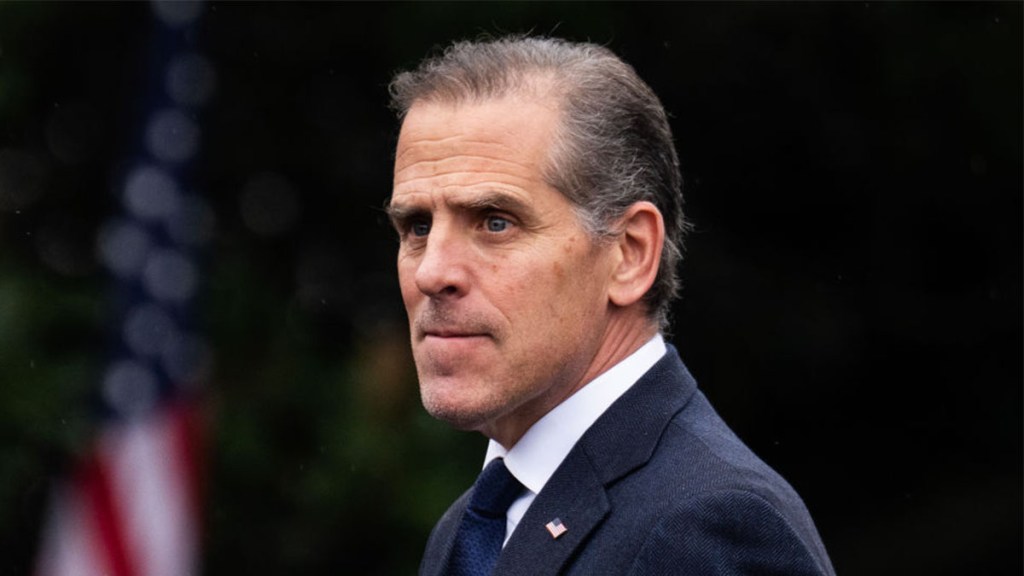Hunter Biden’s pardon is controversial given its exceedingly broad terms and his relation to the president. However, it’s far from the only instance that’s led to public ire. We’ve gathered some of the most famous cases in which a presidential pardon has made waves below.
Past controversial presidential pardons
While there have been…






